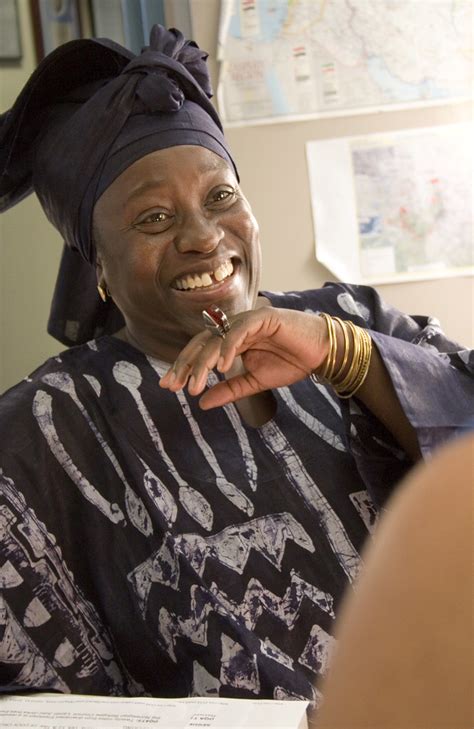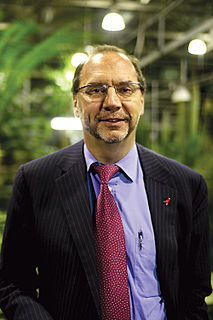A Quote by Tom Frieden
In addition to not stopping the spread of Ebola, isolating countries will make it harder to respond to Ebola, creating an even greater humanitarian and health care emergency. Importantly, isolating countries won't keep Ebola contained and away from American shores.
Related Quotes
I think Ebola is a great example of where the world really needs to come together. The three countries where this outbreak took place have had a lot of civil war, very weak health systems. And so, it did take a while for people to understand ....that eventually what we saw was a very unique Ebola epidemic. I think it is quite impressive what's being pulled together, and I think we will be able to get this under control.
Is Guinea prepared? And that's the question because of course these three countries had very, very weak health institutions. Many people had said that there was denial in Guinea, that many people in Guinea either said that Ebola did not exist or were hostile to any sort of Ebola health and safety awareness - how to deal with it.





























